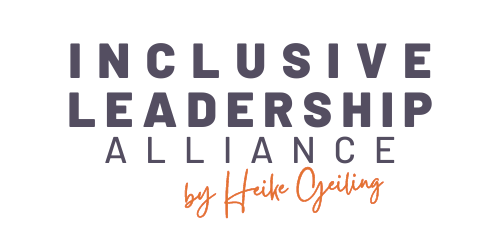You’re at the bus stop. It says your bus is 10 minutes away. You wait. The bus doesn’t come.
What do you do?
You do the following:
a) Start walking. After all, your destination is only 15 minutes away on foot.
b) Keep waiting for the bus.
You decide to keep waiting for the bus. You end up being late for work.
Now imagine that instead of waiting for the bus, you’ve invested heavily in a project at work. You’ve pumped in resources – money, time, team members – but the project is going nowhere. What do you do?
Most of the time, people just carry on with such projects, mostly because they’ve already invested so much. When in fact you have the option of stopping the project and writing off the costs.
We have all been there. We probably know people who regularly fall into the same trap: over-committing to a particular plan, goal, project or relationship: Escalation of Commitment (EOC).
Escalation of Commitment (EOC)
If the EOC sounds like a foreign concept to you, it is not. It’s something much closer to home than you might think.
Escalating commitment occurs when someone continues to devote resources, including time and money, to a course of action that is failing. Escalating commitment exists both inside and outside the corporate world. It ranges from the decision to keep waiting for a bus when you could have walked to your destination, to the involvement of countries in a long lost war.
Whenever people cling to their past decisions, even when new evidence makes them irrational, situations become more difficult and people find themselves stuck in the process, they escalate their commitment. In the end, they find themselves having to decide again and again whether to persist or withdraw from their goal.
But there’s good news. Research has shown that coaching can help people de-escalate their commitment.
What Drives Escalation of Commitment?
What is driving this escalation? How can coaching enable people to take a step back and reconsider their actions?
To de-escalate commitment through coaching, I will focus on the main influences that affect EOC.
1. Self-justification
People tend to see only what is consistent with their beliefs. It is more convenient for us to interpret facts in a way that makes our previous beliefs seem better than they actually were. When facts challenge this view, we find reasons to discredit the source or the quality of the information.
2. Post-escalation regret
Recent studies* on post-escalation regret have found that people consider not only factors that occurred before an escalation decision (retrospective), but also factors that will occur after an escalation decision (prospective).
When people anticipate future regret about their decision, they are more likely to de-escalate their commitment and choose an option where they are less likely to regret their decision in the future.
As a coach, I can help you to focus on the future. Imagining what that near future will look like can help to identify potential regrets and redirect the current course of action.
3. Cultural norms
Looking at EOC in relation to Hofstede’s cultural dimensions, research* suggests that cultures that are high in masculinity, high in individualism, low in power distance and low in uncertainty avoidance are at higher risk of EOC.
From this rather general approach, a coach can gain insight into the cultural background of the coachee and consider specific cultural values that might increase EOC. In many EOC situations, people have been driven by the need to be consistent in their way of working, which means sticking to a path or decision once taken.
In the Western world, “consistency is associated with intellectualism, rationality, honesty and stability”*, all of which are positive values in themselves. So consistency in one’s decisions and the idea of sticking to a path once taken can be a culturally influenced escalation driver.
4. Option partitioning
De-escalation of commitment is possible when people see a valuable alternative to their goal or objective. People who are stuck in escalation usually do not see this alternative. Even if there is an alternative, it doesn’t present itself in a feasible or surmountable way.
Studies* show that people who are able to partition the alternative solution are very likely to de-escalate the commitment, as they break the alternative into smaller, more manageable parts.
How Coaching Can Help You De-escalate Commitment
To avoid EOC in organisations, certain measures can be put into place:
- Publicly commit to clear goals and limits
- Increase monitoring
- Regularly evaluate project performance
- De-institutionalise the project
These measures can be transferred to individual coaching situations:
- In coaching, we usually refer to a publicly committed goal as accountability.
- Individuals can increase monitoring by setting regular milestones for review with their accountability partners.
- Regular coaching sessions help to evaluate project performance / personal development with the coach.
- The idea of de-institutionalising a project works at an individual project or goal level: by identifying repetitive patterns, unwritten laws or underlying beliefs in coaching sessions, the person can break the behaviour pattern and find a different approach.
In most cases it’s very difficult for a person to recognise over-commitment because the line between an optimistic can-do attitude and over-commitment is very thin. In a corporate setting, I have developed a list of questions that can be used in a coaching situation to help a coachee de-escalate their commitment to a current project, relationship, endeavour, goal or similar. Contact me if you’d like access to my coaching programmes where I go through this list of questions in detail.
* This article was originally published as a research paper. Please contact me for the full research list.
Are you often at risk of escalating your commitments? What ways have you found to prevent this? Please share in the comments.




